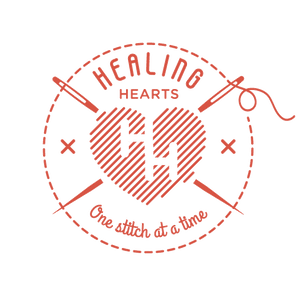We all experience and react to grief differently, but the one thing we all want is to feel better. I had heard that journaling can be therapeutic when you are trying to recover from a devastating loss and decided to give it a try. When I first started to write down my thoughts, I couldn’t even see the paper. My tears flowed as I sat under a tree in Central Park - remembering. I couldn’t even write more than one sentence that very first day. It took time, but putting my thoughts on paper encouraged me to let go of the pain and begin to face the future. Eventually I began to feel stronger – able to write more, express my feelings through words and images without completely falling apart. In my journal, the heartbreak of loss now co-exists with joyful memories. This is where my journey began – and continues as I am still journaling whenever I can. This “write” approach has led me down the right path to healing my heart.
When you’re ready to begin your journey, here are some of the tips that helped me – I hope they’ll help you:
- Choose how to journal. You can keep a journal in many formats, from digital to written – you can even draw images if you like. Try to choose a journaling method that inspires you. If you’re not sure, try different types to decide the best approach for you.
- Try to find a calm, quiet environment. Take your mind off everyday life and just be in the moment. If you can't find or don’t have a private physical space, try listening to relaxing music or white noise on headphones.
- Begin with a date. Giving your entries a timeline makes it easier to refer to specific events and changes in your life.
- Get started. Start with what you already know or can easily remember. Sentences that begin with Today I want to….or I’m thinking about…are great starting points – whatever you write that is heartfelt is worthwhile.
- You don’t have to write every day. There are no rules. Write at your own pace – how you feel after you write is more important than how often you do it.
- Don’t worry about your handwriting or style of writing. As long as you can read and relate to what you’ve written, that’s what matters. No one is grading or judging you.
- Write what you feel and feel better. Writing down your thoughts, even random observations, helps put events in perspective. In fact, the act of writing can be even more healing than what is actually written.

